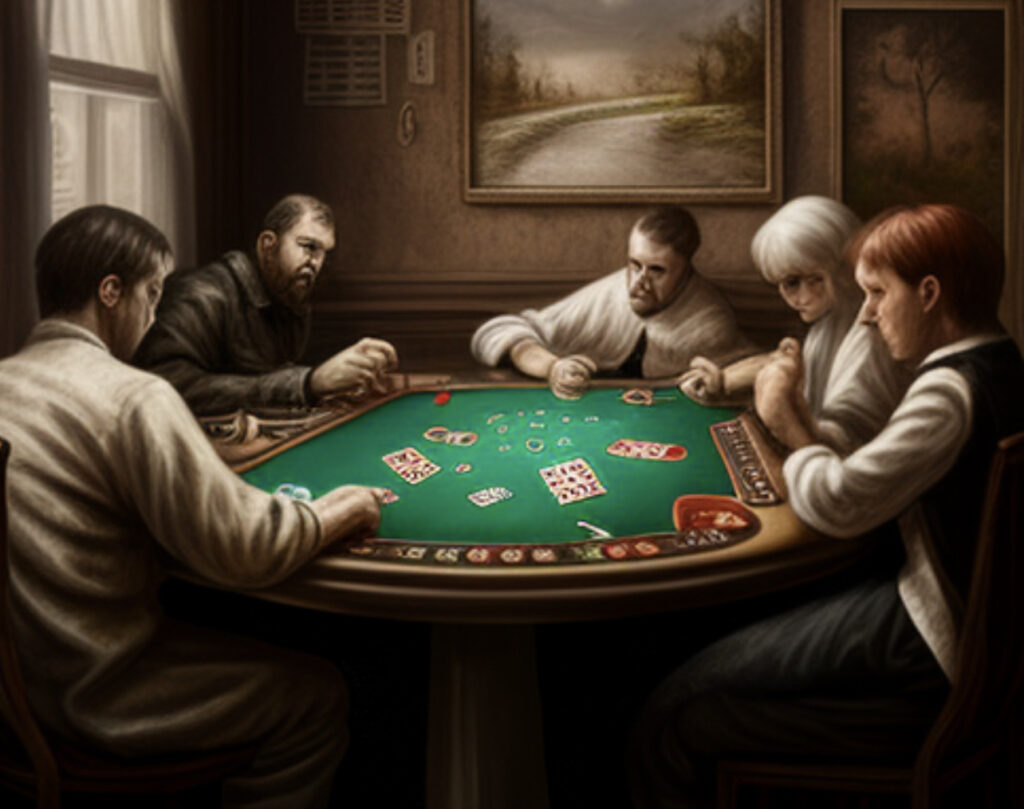1. Definition and Overview:
Skill refers to the ability to do something well, often due to training or experience. In hiring, it encompasses the technical abilities or qualifications that a job requires, from coding in a specific language to crafting effective marketing strategies.
Cultural fit, on the other hand, represents how well a candidate’s values, beliefs, and behaviors align with the company’s culture. It considers whether the individual will thrive within the organization’s environment, often encompassing soft skills, work ethic, and interpersonal dynamics.
2. The Dilemma:
Businesses often grapple with the decision of prioritizing one over the other. Do they hire the candidate with the perfect skills even if they don’t quite gel with the company’s ethos? Or do they onboard someone who fits seamlessly into the company culture, even if their skills aren’t a 100% match?
3. Examples and Real-World Implications:
Tech Startup Scenario: Imagine a startup looking for a software developer. John, a candidate, has an impressive skill set and a decade of experience but has worked in large, structured corporate environments. Sarah, another candidate, has fewer years under her belt and a narrower skill set but has thrived in startup environments, demonstrating adaptability and resilience. While John clearly wins on the skill front, Sarah might be the better cultural fit.
This scenario underscores the conundrum many businesses face. Hiring John might bring in technical prowess but may require significant adjustments on his part to adapt. Hiring Sarah might mean a slower start but a potentially smoother integration into the team.
4. Statistics Highlighting the Problem:
- According to a survey by Cubiks, 84% of companies believe that cultural fit is one of the most important elements in recruitment, but 9 out of 10 recruiters have felt pressure to compromise on fit when they need specific skills1.
- A study by Leadership IQ found that 46% of newly-hired employees will fail within 18 months, with 89% of the time it’s for attitudinal reasons and only 11% due to a lack of skill2.
5. Reasons Behind the Emphasis on Both Skill and Cultural Fit:
- For Skills: Businesses need employees who can perform the job effectively. Skills directly impact productivity, efficiency, and the bottom line.
- For Cultural Fit: Companies want to maintain a cohesive work environment. Employees aligned with the company’s culture are more likely to stay longer, be more engaged, and contribute positively to the workplace.
6. Solutions to Balance Skill and Cultural Fit:
- Skills Assessment: Tools and platforms can accurately gauge an applicant’s skill level. These assessments should be continuously updated to match industry advancements.
- Cultural Assessment: Surveys or psychometric tests can provide insights into a candidate’s values and personality, indicating how well they might align with the company culture.
- Probationary Periods: Offer a trial period for candidates, allowing both parties to evaluate the fit in real-world settings.
- Continuous Training: Invest in training programs to bridge any skill gaps. This way, if a candidate is a great cultural fit but lacks certain skills, they can be brought up to speed.
7. MiaHire USA: A Vanguard in the Hiring Process:
Understanding the delicate balance between skill and cultural fit, MiaHire USA has emerged as a frontrunner with its virtual interview platform. Recognizing that both facets are crucial, the platform provides transparent evaluations across all hiring levels.
MiaHire USA’s approach ensures that recruiters can make informed decisions, with comprehensive insights into a candidate’s skills and potential cultural fit. By offering a level playing field, MiaHire USA aids companies in making unbiased decisions that serve both immediate needs and long-term company goals.
Conclusion:
The age-old debate of skill versus cultural fit isn’t one with a definitive answer. Different companies and roles might prioritize one over the other. However, with innovative platforms like MiaHire USA, businesses now have a robust framework to evaluate both, ensuring they bring onboard talent that not only augments the company’s skill reservoir but also enriches its culture.
References:
Footnotes
- Cubiks. “Cultural fit in the global workplace.” 2013. https://www.cubiks.com/ ↩
- Leadership IQ. “Why New Hires Fail.” 2016. https://www.leadershipiq.com/ ↩






